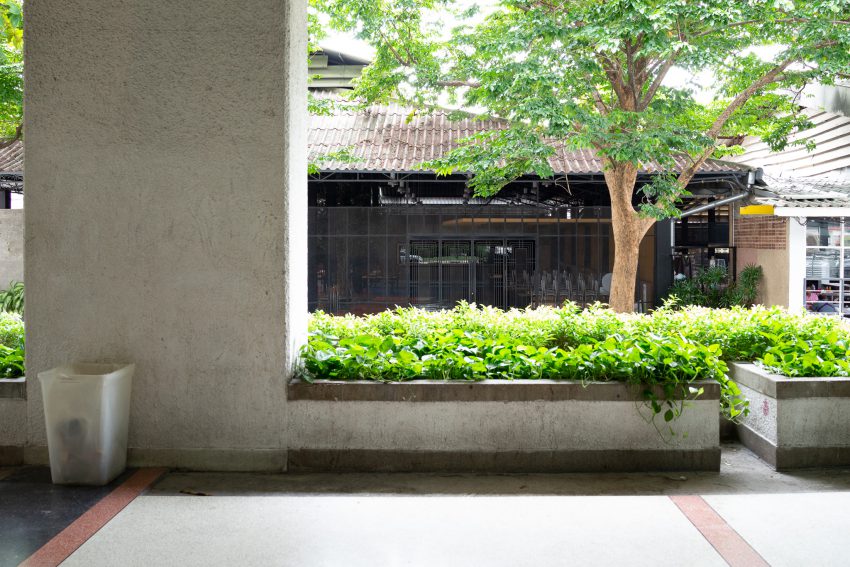
23 Feb Food waste” – it is more important than just “a junk
Food industry plays a significant role in economy, society, and culture of each country. However, it has created a global environmental problems from ‘food waste’ which is thrown away as well.

Educational Tourism
Food waste is the discarded food, both edible and spoiled food, normally caused by 4 main reasons: (1) spoilage from storage or expiration, (2) waste from preparation processes such as cutting or slicing vegetables, (3) residuals from consuming due to over ordering, and (4) leftovers from cooking exceeds the consumers’ needs, including foods that has been lost during the production chain, for example, under-standard fruits that are thrown away. At present, there are more than 1.3 billion tons of food waste is thrown away equally one-third of the food produced for consumption each day, especially the developed countries thrown the foods away with more than 50 million tons annually, while there are more than 870 million people worldwide suffer from food shortages. Furthermore, there is a pollution problem caused by the large amount of food waste because the natural decomposition produces greenhouse gases leading to the global warming. The amount of greenhouse gases from the food waste is equal to the pollution from 37 million cars that emit gas into the atmosphere.
Food waste is a reflection of the lack of efficiency in resource allocation, inconsistent production with the actual consumption, and lack of products’ purchasing plans. Therefore, many countries start to take this issue seriously with intention to control the food waste, reduce food losses and alleviate the global food shortage crisis.

Application of Educational Tourism
France is one of the developed countries that seriously enforced restaurants, hotels, and other shops donating leftover foods to the individuals or the charities; not allow to throw foods or ingredients away. The business operators can also take advantage from the value of donated food to be tax deductible. With the law, the government expects a serious and sustainable solution on food waste as well as provide benefits to environment, society, economy, and change the consumption behaviour in the future.
In Thailand, many organizations start to be aware of the impact of the leftover foods and raw ingredients. They begin to organize a serious and systematic food waste management system. One of the successful and exemplary organizations in food waste management is ‘Sampra Riverside Hotel’ that operates business according to the sustainable development practice with the balance of economy, society, and environment, recently it received a ‘Food Waste Prevention’ certification. The hotel manages the internal operations by educate staff as well as create awareness and engagement, both executives and employees, to involve the environmental friendly program.

Moreover, the new generation of chefs have developed a sustainable cooking process, managed a food system in a kitchen and reduce the amount of food waste which causes environment problems through a various campaign, for examples, “Too Good Too Waste”, “Sustainable Chef”, and/or “Zero Waste”. These campaigns have started in each chef’s restaurant by selecting the local and seasonal ingredients to create new menus and reduce an amount of threw raw ingredients away. Some restaurants do not even have its menu list, they will offer a special menu based on the daily ingredients. This will help to reduce the stocking of raw ingredients and also the food waste. In addition, Thailand also held a culinary activity from the leftover foods from restaurants and hotels by chefs from all over the world. The chefs will create various menus, change food waste to be fine-dining cuisine and present them at national and international conferences.
Although, food waste management is not prevalent in Thai society, Thailand can apply this concept to both household and industrial levels, especially in tourism, food and hospitality industry, to increase the efficient waste management, reduce pollution and environmental problems, and inequality accessing of quality food among different groups in the country.



